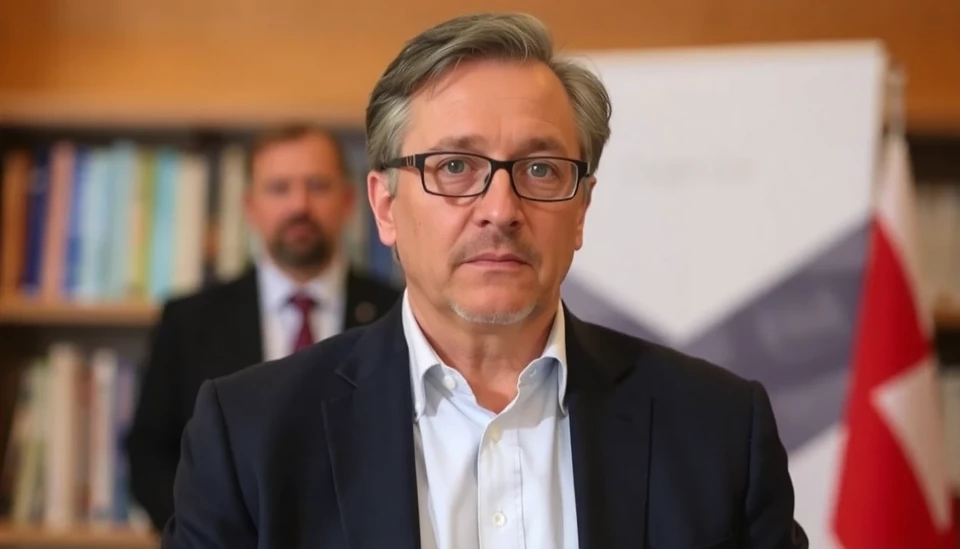
In a notable development in European monetary policy, ECB (European Central Bank) board member José María Escrivá has signaled the necessity for the central bank to adopt a neutral stance in its policy framework. This transition is anticipated to occur in the upcoming semester, marking a critical pivot in the ECB's approach to managing inflation and supporting economic growth across the eurozone.
Escrivá's comments underline the growing consensus among policymakers regarding the need for the ECB to balance inflation control with economic recovery, especially as the European economy grapples with diverse challenges. The board member highlighted that a neutral stance would imply a more measured approach to interest rates and asset purchases, steering clear of aggressive rate hikes that have characterized recent months.
As inflation levels continue to raise concerns, the ECB's recent policy actions have been closely scrutinized. The bank raised interest rates significantly in response to soaring inflation, which, while necessary to curb rising prices, has also spurred discussions on the broader consequences for economic growth and employment across the region. Escrivá's acknowledgment of the upcoming need for a neutral stance suggests an acknowledgment of these complexities and the potential need for the ECB to recalibrate its policy tools.
The timing of this shift may be crucial as economic signals become increasingly mixed, with industrial production showing signs of improvement but consumer confidence waning amid high energy prices and geopolitical uncertainties. The ECB's dual mandate calls for maintaining price stability while supporting economic growth, and navigating this balance is set to become a defining feature of its trajectory in the coming months.
Escrivá's remarks resonate with broader economic theories advocating for a neutral interest rate—an interest rate that neither stimulates nor restricts economic growth. Analysts speculate that this indicates the ECB's understanding that continued high borrowing costs might hinder recovery, especially for more vulnerable sectors and populations within the eurozone.
Looking ahead, market participants are keenly watching how central banks will respond to evolving economic conditions. A move by the ECB to stabilize its monetary policy could serve as a model for other central banks grappling with similar inflation dynamics while trying to foster sustainable growth.
In conclusion, Escrivá's advocacy for a more neutral monetary policy stance reflects an acute awareness of the risks and opportunities that lie ahead. As the ECB prepares to navigate these crucial economic waters, the implications for markets and consumers will be closely monitored, shaping the future economic landscape of Europe.
#ECB #MonetaryPolicy #InterestRates #EconomicGrowth #InflationControl #JoséMaríaEscriva #Eurozone
Author: Daniel Foster




